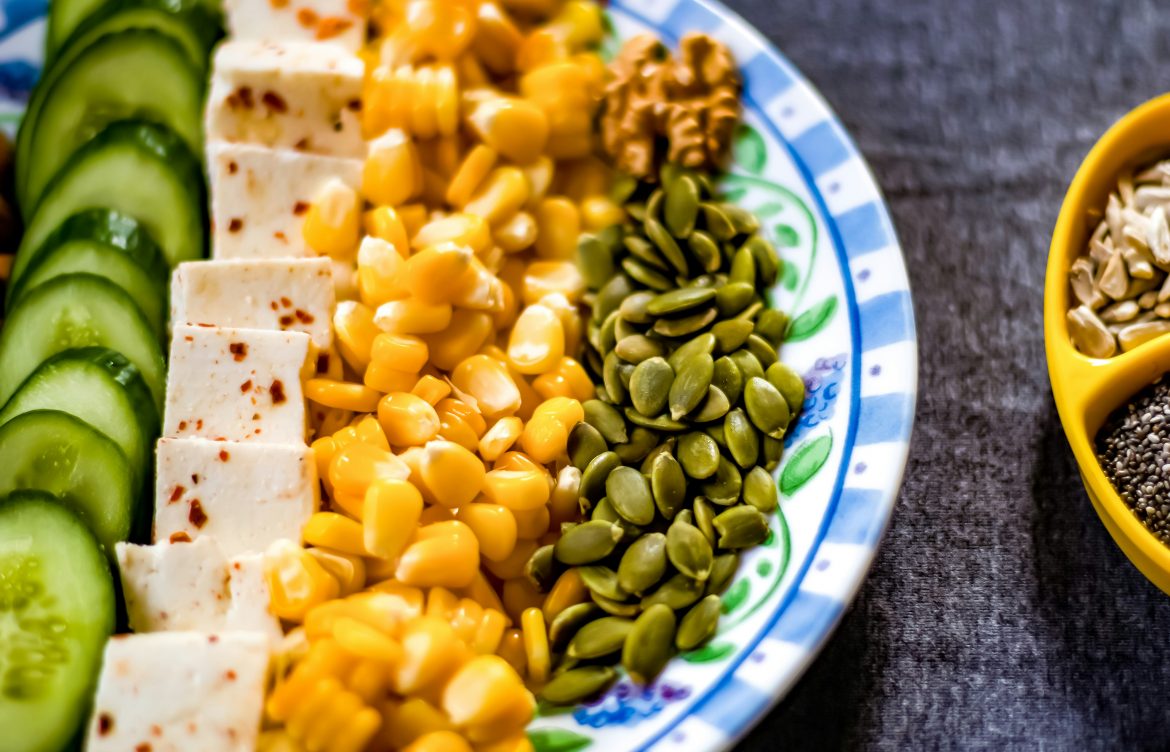
Unlocking the Power of Protein: A Vital Nutrient for Optimal Health
Protein is often hailed as the building block of life, and for good reason. This essential macronutrient plays a crucial role in virtually every function of the body, from building and repairing tissues to supporting immune function and hormone balance. In this blog, we’ll delve into the myriad benefits of protein and explore some of the best sources to incorporate into your diet.

The Importance of Protein
Protein is made up of amino acids, which are often referred to as the “building blocks” of protein. There are 20 different amino acids, nine of which are considered essential because the body cannot produce them on its own and must obtain them through food. These amino acids are necessary for the synthesis of new proteins, which are vital for growth, repair, and maintenance of tissues such as muscles, organs, skin, hair, and nails.
Benefits of Protein
Muscle Growth and Repair
Protein is essential for muscle growth and repair, making it a crucial nutrient for athletes, fitness enthusiasts, and anyone looking to maintain muscle mass, especially as they age.
Weight Management
Including an adequate amount of protein in your diet can help you feel fuller for longer, reducing overall calorie intake and supporting weight management efforts.
Bone Health
Protein plays a role in bone health by aiding in the absorption of calcium and promoting bone density, which is important for preventing osteoporosis and reducing the risk of fractures.
Immune Function
Many immune cells and antibodies are made up of proteins, making adequate protein intake essential for a healthy immune system.
Hormone Regulation
Protein is involved in the production of hormones such as insulin, which regulates blood sugar levels, and glucagon, which helps mobilize stored glucose for energy.
Best Food Sources of Protein
Lean Meats: Chicken breast, turkey, lean beef, pork loin, and lean cuts of lamb are excellent sources of high-quality protein.
Fish and Seafood: Salmon, tuna, trout, sardines, shrimp, and other fish and seafood are rich in protein and also provide essential omega-3 fatty acids.
Eggs: Eggs are a versatile and nutrient-dense source of protein, containing all nine essential amino acids.
Dairy Products: Greek yogurt, cottage cheese, milk, and cheese are rich in protein and also provide calcium and other essential nutrients.
Legumes: Beans, lentils, chickpeas, and peas are plant-based sources of protein that are also high in fiber, vitamins, and minerals.
Nuts and Seeds: Almonds, peanuts, walnuts, chia seeds, hemp seeds, and pumpkin seeds are excellent sources of protein, healthy fats, and other essential nutrients.
Tofu and Tempeh: These plant-based protein sources are derived from soybeans and are versatile ingredients in vegetarian and vegan diets.
Remember to choose a variety of protein sources to ensure you’re getting all the essential amino acids your body needs for optimal health. Whether you’re a meat lover, vegetarian, or vegan, there are plenty of delicious and nutritious protein-rich foods to enjoy as part of a balanced diet.